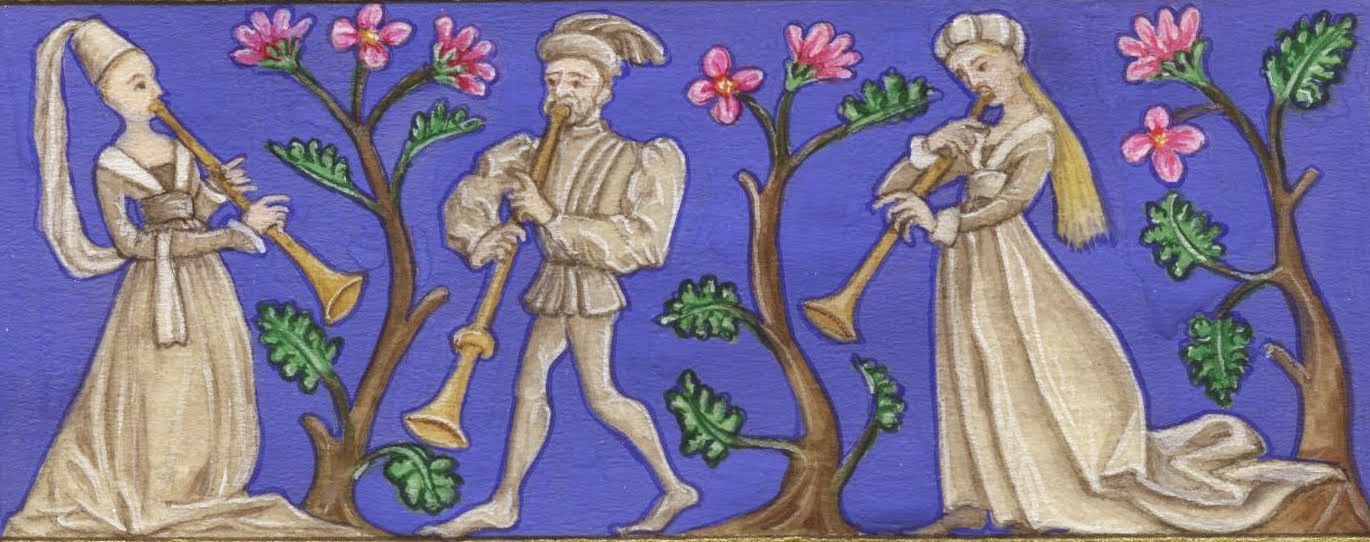In the 13th and 14th centuries, for an (instrumental) musician to be described as a minstrel was an indicator of status, distinguishing them from the general entertainer or 'jongleur' who might number music amongst their range of skills in acrobatics, juggling and so on. As Bullock-Davies notes, the origin of the term 'menestrellus' is the same as that of 'minister', a professional role as a minor servant of a noble court.
By the 16th century, the composer Thomas Whythorne was very concerned to make it clear that he was a musician and not a minstrel "the scum of that profession" who "go with their instruments about the country to cities, towns, and villages... to private houses...to markets, fairs, marriages, assemblies, taverns, alehouses...and there to those that will hear them they will sell the sounds of their voices and instruments". A statute regarding vagrancy from around this time explicitly includes minstrels amongst the other kinds of rogues and vagabonds; turning up and playing music in the hope of getting paid was considered a criminal act. However, exception was made for those in livery - in other words, those who formally held the role of minstrel through attachment to a royal or noble court - or those with a licence to play in the town in question. And even the court records of those charged under the statute seem to show these 'vagrant' musicians were very often local (I'm drawing on the interesting information collected in the book "Paying the Piper: music in pre-1642 Cheshire" by Elizabeth Baldwin) e.g. David Jones of Chester and his fellow, both fiddlers, charged after being "so drunk that they slept in the fields and could not get home" after spending the evening (presumably playing their fiddles) in an alehouse in Dodleston - about two miles from Chester.

No comments:
Post a Comment